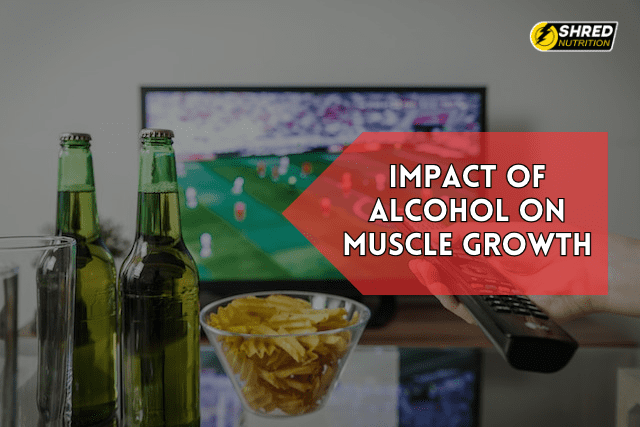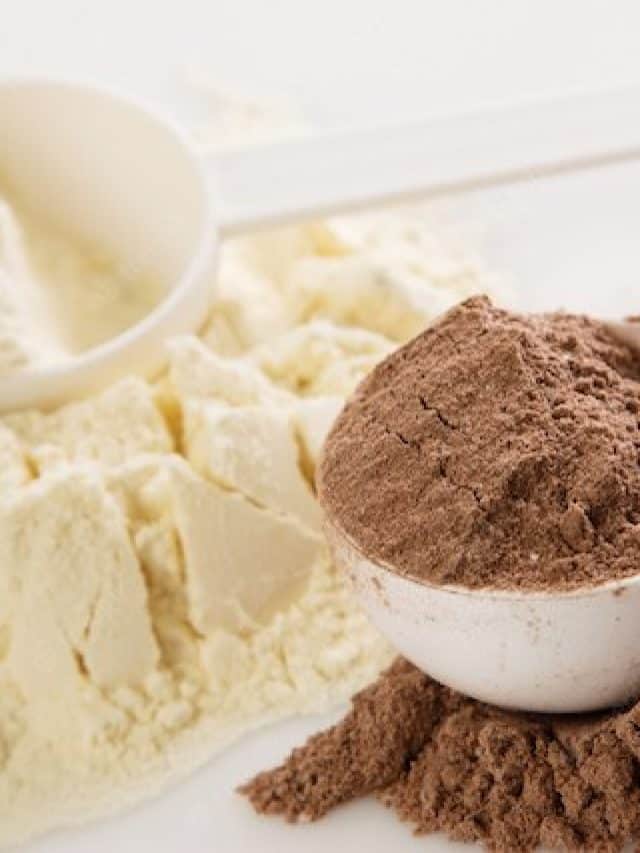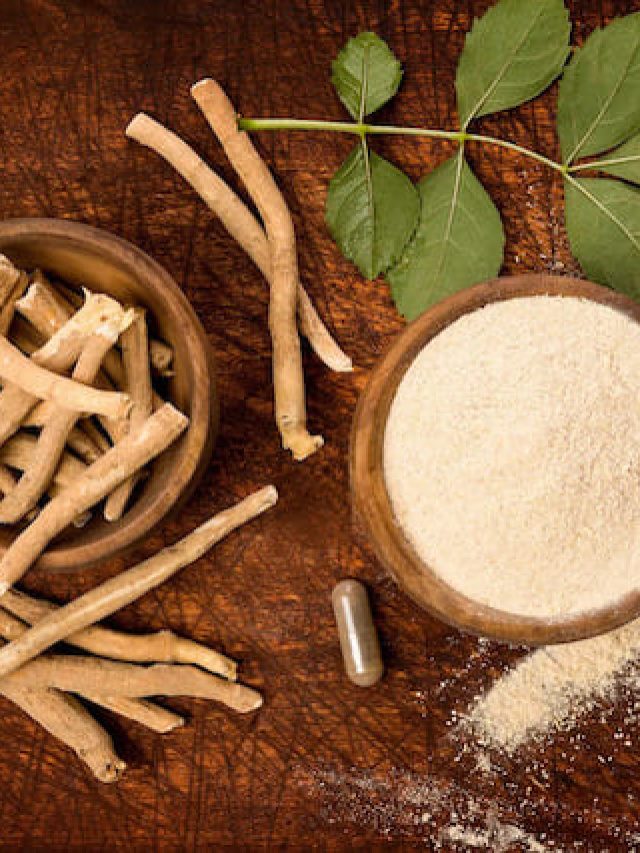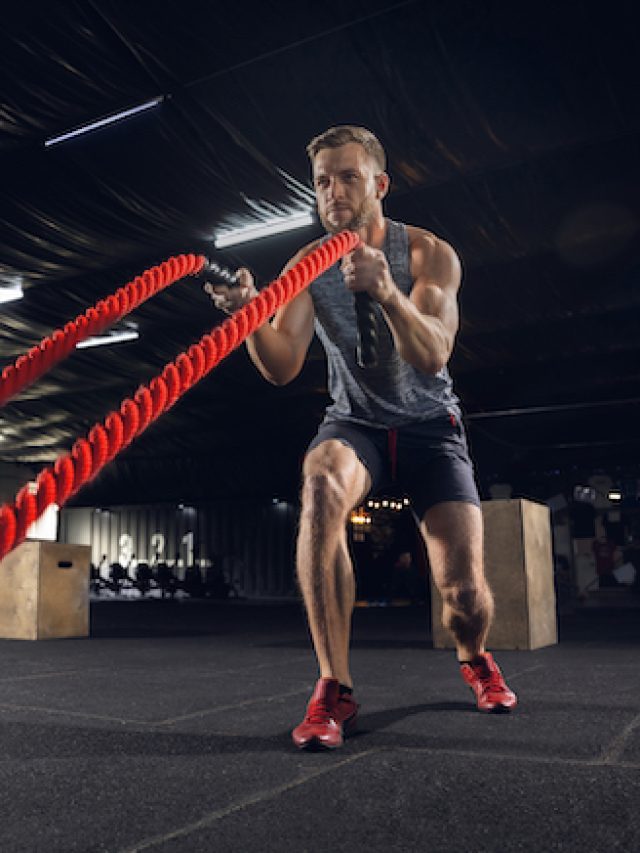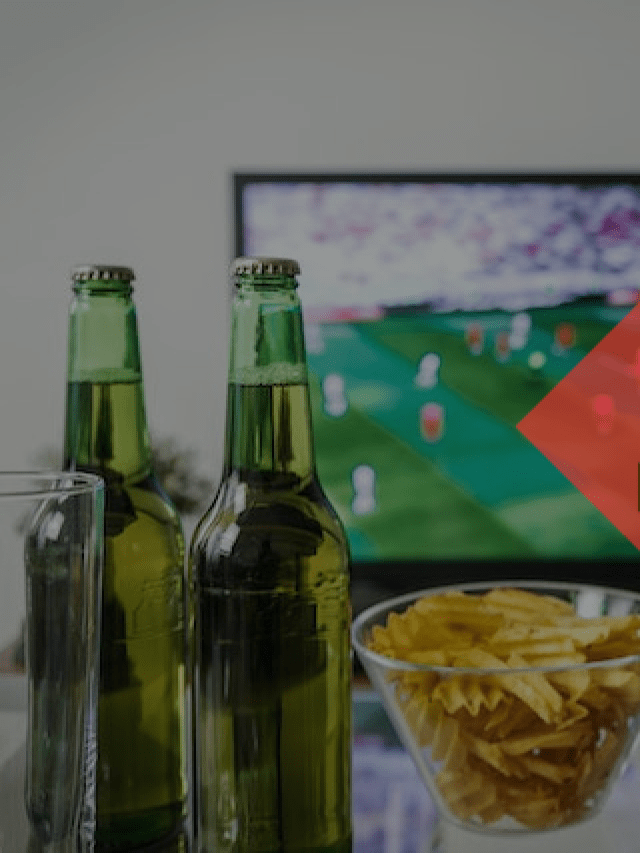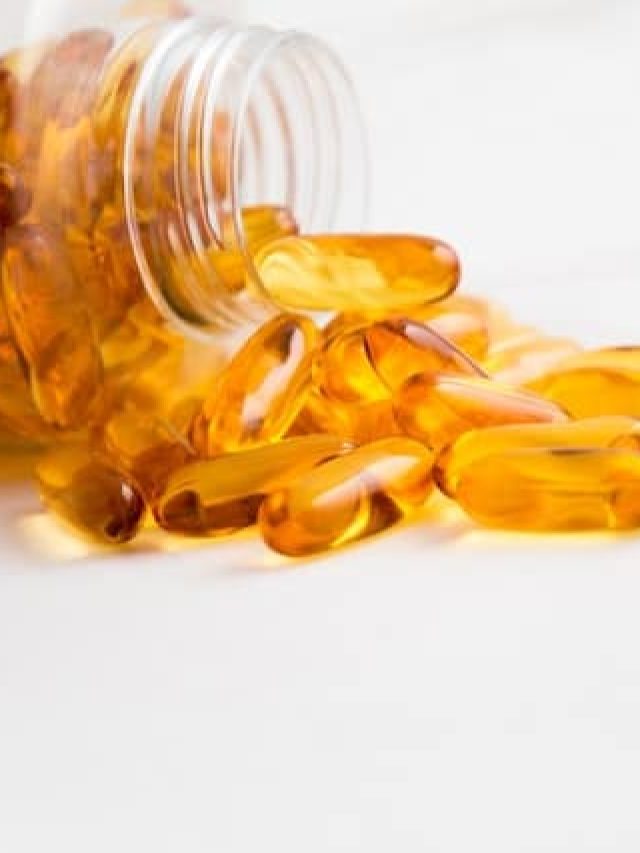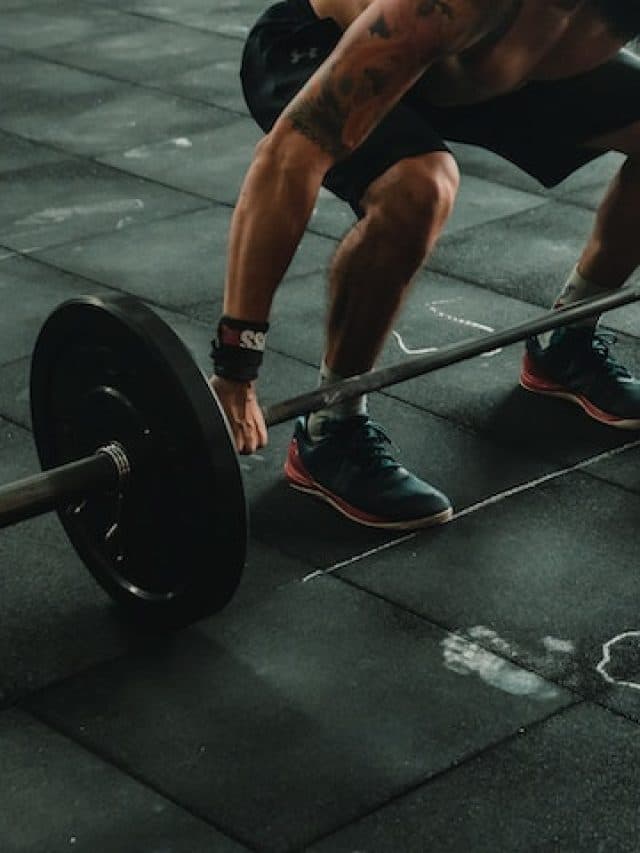The effects of alcohol on muscle growth have long been a topic of debate among fitness enthusiasts. Some people believe that moderate alcohol consumption is harmless, while others claim that even small amounts can have a negative impact on muscle development.
The Science behind Muscle Growth
Before diving into the effects of alcohol on muscle growth, it’s important to understand how muscles grow. When you engage in strength training exercises, your muscles undergo a process called hypertrophy, which is the enlargement of muscle fibres. This process is facilitated by the production of new proteins within the muscle fibres, which leads to increased muscle mass and strength.
How Alcohol Impairs Muscle Growth
Now let’s explore how alcohol can impair muscle growth. Firstly, alcohol consumption can inhibit protein synthesis, which is the process by which new proteins are produced within muscle fibres. This can lead to decreased muscle growth and strength. Secondly, alcohol consumption can reduce testosterone levels, which is a hormone essential for muscle development. Testosterone helps to stimulate protein synthesis, and a decrease in its levels can lead to decreased muscle growth.
Thirdly, alcohol can increase the production of a hormone called cortisol, which has been shown to break down muscle tissue. High levels of cortisol in the body can lead to muscle catabolism, which is the breakdown of muscle fibres. Finally, alcohol can interfere with the body’s ability to absorb and utilise nutrients such as protein and carbohydrates, which are essential for muscle growth.
Effects of Alcohol on Recovery
Recovery is an essential component of muscle growth, as this is when muscles repair and grow stronger. However, alcohol consumption can interfere with the body’s recovery process. Firstly, alcohol can disrupt sleep patterns, which can lead to decreased production of human growth hormone (HGH). HGH is essential for muscle recovery and growth, and decreased levels can hinder muscle development.
Secondly, alcohol consumption can increase inflammation in the body. This can lead to delayed recovery times, as inflammation is a natural response to tissue damage and is necessary for the repair process. However, excessive inflammation can lead to prolonged recovery times and decreased muscle growth.
Alcohol and Hydration
Proper hydration is essential for muscle growth, as it helps to transport nutrients and oxygen to muscle cells. However, alcohol consumption can lead to dehydration, which can have a negative impact on muscle development. Dehydration can lead to muscle cramps, decreased endurance, and delayed recovery times. Therefore, it’s essential to stay hydrated and limit alcohol consumption to avoid these negative effects.
Timing of Alcohol Consumption
The timing of alcohol consumption can also impact muscle growth. Drinking alcohol before a workout can lead to decreased performance, as alcohol can impair coordination and reaction time. Moreover, drinking after a workout can interfere with muscle recovery and growth. It’s best to avoid alcohol consumption before and after exercise and instead drink in moderation during other times.
Amount of Alcohol Consumption
The amount of alcohol you consume can also affect muscle growth. Drinking excessive amounts of alcohol can lead to dehydration, decreased testosterone levels, increased inflammation, and impaired nutrient absorption. It’s important to consume alcohol in moderation and stay within the recommended limits to avoid these negative effects.
Conclusion
In conclusion, alcohol consumption can have a negative impact on muscle growth by inhibiting protein synthesis, reducing testosterone levels, increasing cortisol levels, delaying recovery, and causing dehydration. To minimise these negative effects, it’s essential to consume alcohol in moderation, stay hydrated, time alcohol consumption correctly, and prioritise proper nutrition and exercise. By understanding the effects of alcohol on muscle growth and taking steps to minimise them, you can achieve your muscle-building goals.

